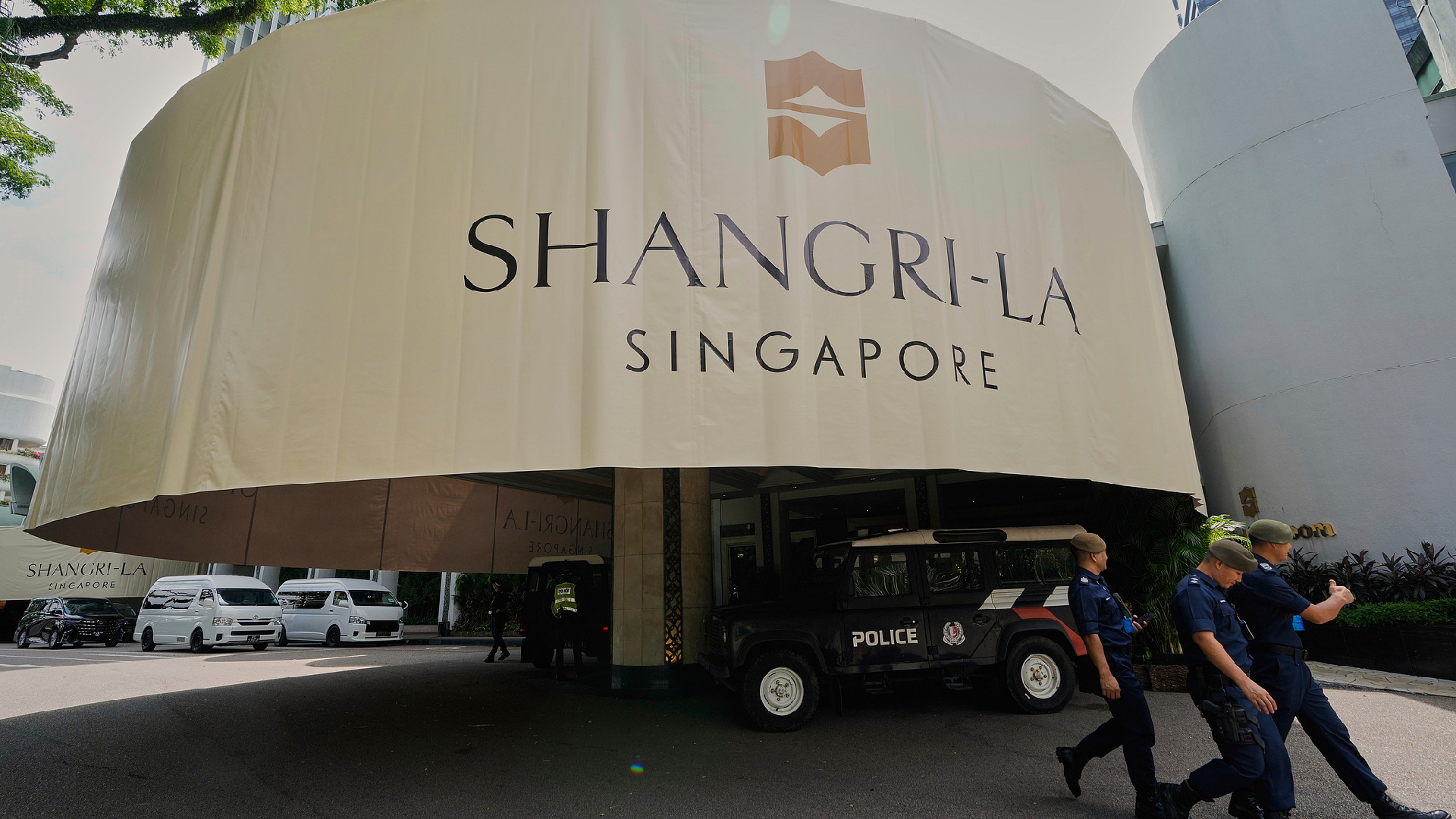Shangri-La Dialogue 2025 Opens in Singapore: Key Highlights and Expectations
Shangri-La Dialogue 2025 opens in Singapore, spotlighting key security and diplomatic issues in the Asia-Pacific region.

The 22nd Shangri-La Dialogue commenced on Friday in Singapore, launching a three-day summit that brings together leading defense officials, military chiefs, and policy experts from across the Asia-Pacific region and beyond. The gathering opens against a backdrop of heightened global geopolitical tension, with security challenges and strategic realignments at the forefront of discussions.
This year's summit has attracted delegates from 47 countries, reflecting the rising stakes in the region's security architecture. According to Singapore's Ministry of Defense, the event welcomes 40 ministerial-level participants, 20 chiefs of defense forces, and more than 20 senior defense officials, alongside distinguished academics. A notable delegation from the National Defense University of the Chinese People's Liberation Army is present, underscoring China's interest in influencing the regional dialogue on security and cooperation.
The opening day saw French President Emmanuel Macron deliver a keynote address emphasizing shared interests between Asia and Europe. Macron stressed the imperative for both continents to work together to prevent the disintegration of the global order, calling for renewed multilateralism and collective action in facing transnational threats. His remarks resonated amid ongoing concerns about great power rivalry and the fraying of long-standing alliances.
On Saturday, attention will turn to U.S. Defense Secretary Pete Hegseth, who is scheduled to outline America's "new ambitions for Indo-Pacific security." His speech is highly anticipated, as many in the region continue to express unease over the unpredictability of U.S. foreign policy during President Donald Trump's administration—particularly in the areas of trade and security cooperation. Observers note Hegseth faces a significant diplomatic challenge in reassuring allies and maintaining confidence in Washington's commitments.
Malaysian Prime Minister Anwar Ibrahim, representing ASEAN as its current chair, is also expected to articulate Malaysia's vision for steering the organization through uncertain geopolitical times. His address will focus on how ASEAN can continue to provide strategic leadership and foster stability in an increasingly complex regional environment.
The summit will also hear from EU High Representative Kaja Kallas, who is set to address Europe's security interests and the importance of cross-continental cooperation in addressing evolving threats. Her participation signals the growing interdependence between Asian and European security frameworks, particularly in light of the ongoing Russia-Ukraine conflict and shifting economic alliances.
According to analysts, major topics dominating the agenda include regional cooperation, U.S. security policies, the impact of the Russia-Ukraine war, and repercussions from sweeping U.S. tariffs. Officials and experts are expected to use the platform to seek reassurance from partners and chart a course through the increasingly multipolar global security landscape.
The conference continues through Sunday, promising further high-level exchanges and deliberation on the path ahead for regional and international security.




